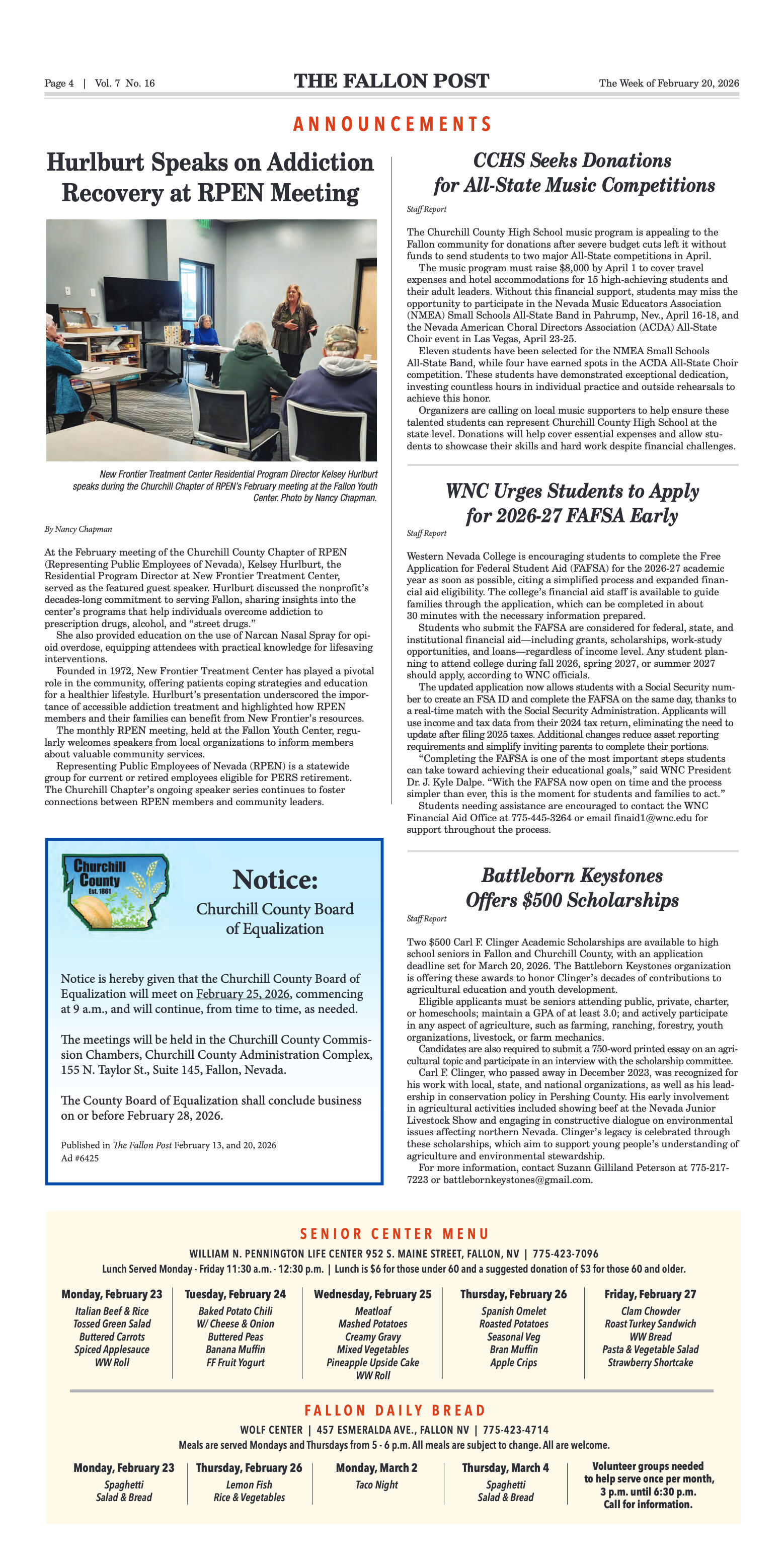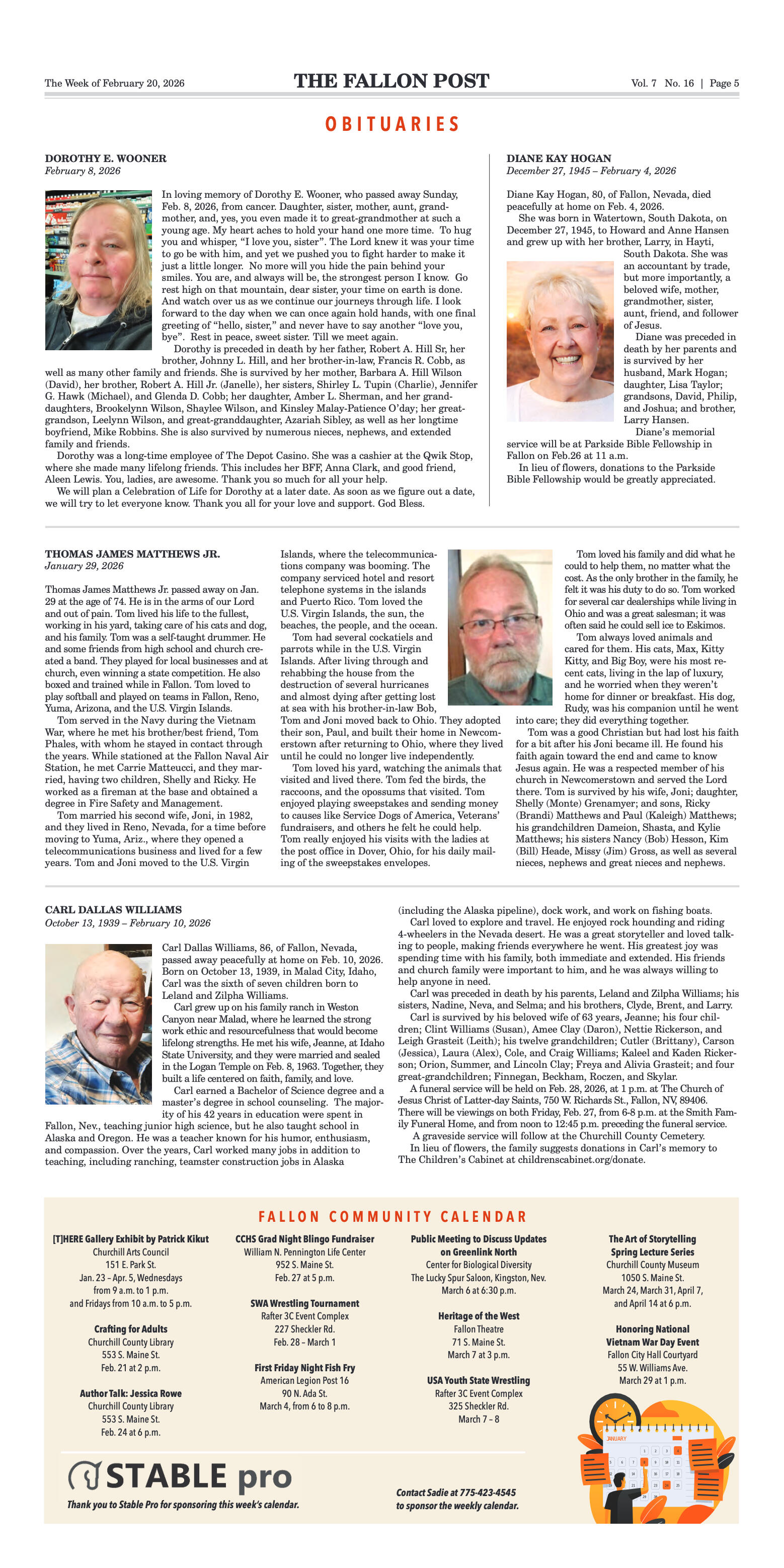Those who have lived a long time have done a lot, seen a lot – and can teach us a lot. And that’s certainly true when it comes to investing.
Consider some of the lessons you might learn from experienced investors:
- Regulate your emotions. In the investment world, there’s always something coming at us that could sound scary: political flashpoints, economic news, and even those once-in-a-generation occurrences, such as the COVID-19 pandemic. But older people may take these events in stride; in fact, baby boomers and members of the Silent Generation (born between 1925 and 1945) are coping better emotionally with the impacts of COVID-19 than younger age cohorts, according to the 2020 Edward Jones/Age Wave Four Pillars of the New Retirement study. And by keeping control of your emotions, you may be less likely to make moves such as selling quality investments with good fundamentals just because their prices have fallen in the midst of an overall market decline.
- Learn from experience. By definition, the older we get, the more experiences we will have. And most people do indeed learn from experience. Investors, too, benefit from having seen and done things before. Did you chase a “hot” stock only to have found it cooled off before you bought it? Did you buy too many of the same type of investments, only to see your portfolio take a bigger hit during a downturn than it would have if you had diversified? In the investment arena, as in most walks of life, patterns emerge, and once you learn to recognize them, you can learn from past mistakes.
- Know yourself. When we reach a certain age, most of us know ourselves pretty well. But you don’t have to wait decades to gain this knowledge – at least not when it comes to investing. For example, you should quickly gain a good sense of your ability to withstand risk. How? Just consider how you react when the market declines sharply. If you find yourself losing sleep over your losses – even if they’re just on paper – you might be taking on too much risk for your own comfort level. Conversely, if market downturns don’t bother you as much as lack of growth in your portfolio, you might be investing too conservatively for your own risk tolerance.
- Take a longer-term perspective. When we’re young, we sometimes are more inclined to desire instant gratification – we want results now. Translated into the investment world, this could mean we want to see big returns in a short period. However, despite the popular mythology, it’s quite hard to turn enormous profits on investments overnight – or even over weeks or months. But as the years pass, we learn the value of thinking long-term – how investments we made years ago, and have added to steadily, are now yielding results that can help build the resources we need to reach our objectives.
- Don’t go it alone. Some of us, when we’re young, have a tendency to think we have all the answers and don’t need much help in our endeavors. But age gives us the wisdom to recognize that, although we may have acquired much knowledge over the years, we can still use some help in specialized areas, such as creating a long-term investment strategy.
These suggestions are appropriate for anyone – and they can help you on your journey toward your goals.
This article was written by Edward Jones for use by your local Edward Jones Financial Advisor.
Edward Jones, Member SIPC
Sign up to receive updates and the Friday File email notices.
Support local, independent news – contribute to The Fallon Post, your non-profit (501c3) online news source for all things Fallon.
The Fallon Post -- 1951 W. Williams #385, Fallon, Nevada 89406












































Comment
Comments